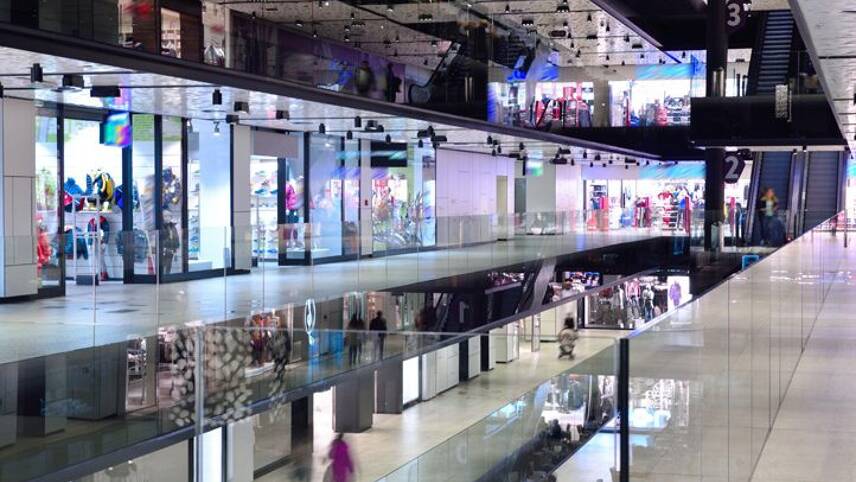Register for free and continue reading
Join our growing army of changemakers and get unlimited access to our premium content

We know that many of the products we can buy today may not be available to us in the future unless action is taken on some of the biggest global challenges of the coming decades. Take a simple cotton shirt, for example. Cotton production is being hit by environmental challenges like climate change and water scarcity, social challenges in production, such as instances of labour exploitation and community exclusion, and economic challenges, such as greater demand from a rising population and increasing competition for arable land.
Everyone needs to do their part: governments, the private sector, civil society and members of the public. Better Retail Better World, a retail industry initiative to tackle global challenges highlighted by the UN, including modern slavery and decent work, sustainable economic growth, inequalities, climate change and responsible consumption and production, is a landmark moment in this movement.
So why is this so significant? Retail is one of the first industries to take collective action in this way. Using the widely recognised United Nations Sustainable Development Goals (SDGs) as a framework, the retail industry has developed ten industry goals with campaigners and NGOs. These goals are based on five core SDGs where it was felt that retail has the most impact (positive or negative) and demonstrate the huge breadth of retail operations and influence.
The 10 industry goals cover a huge range of issues and demonstrate the scope both of the SDGs and the issues and challenges facing retailers (e.g. modern slavery, responsible sourcing, employment practices, climate change, resource efficiency and sustainable communities). We’ve used the SDGs as a framework to shape what retail should be doing rather than using them to highlight what we have been doing. While individual retailers are leading the charge to build sustainable businesses and supply chains – see these case studies for more details – the industry recognises scale is essential to drive change and has come together under our new and goals.
Our approach is to build a framework of actions that all retailers can join, to ensure the largest scale impact, and then work with them and our stakeholders to continuously ramp up actions on a journey to 2030. As a result, a wide range of retailers has joined the initiative including those who have been focusing on the areas covered by our goals for some time and those who starting to examine the issues. Over 25 retailers with a combined turnover of £150bn have signed up to these goals, which have a big focus on collaboration, sharing best practice and challenges and public disclosure to enable everyone to track progress.
This is the start of our journey to 2030, and these are the first in a series of actions with the majority to be delivered by 2020. Our emphasis for this first stage is to bring everyone together to identify best practice and shape common actions from the industry from 2020 onwards and drive forward public disclosure. Industry actions will be reviewed and revised every two years to ensure Better Retail Better World takes account of a rapidly changing world.
Looking ahead, Signatories will be supported by workshops, guidance (such as our SDGs checklist) and ongoing discussions with our expert stakeholders. We’ll be regularly reporting progress and we want to establish an advisory council of leading experts from outside of the industry to ensure actions we take keep us on the right path.
Securing the best products at the best price, now and in an uncertain future, is fundamental to retail businesses. In an ever changing world of intense competition, more demanding consumers and with all business decisions under scrutiny, the ten Better Retail Better World retail industry goals demonstrate the UK retail industry’s commitment to building a better, more prosperous, sustainable world. But we know we cannot do this alone. That is why we seek to bring everyone together and start conversations about how best we can make a difference, ensure that the products available to everyone today are available tomorrow, and that we ultimately build a better, more prosperous and sustainable world.
Alice Ellison, head of environment, BRC
Peter Andrews, head of sustainability, BRC



Please login or Register to leave a comment.